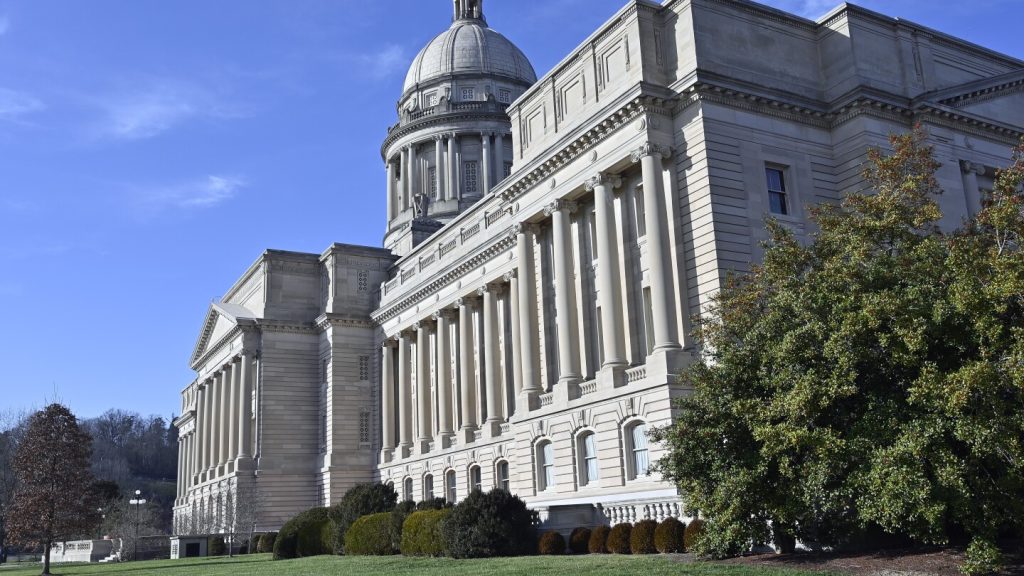Kentucky lawmakers have advanced legislation that would create a loophole in the state’s open records law, allowing public officials to evade scrutiny. Media attorney Michael Abate warned that the bill, proposed by Republican state Rep. John Hodgson, would enable officials to conduct business through text messages or emails on personal devices, thus avoiding public transparency. Abate cited a recent busing meltdown in the Jefferson County public school district as an example of the potential consequences of such a loophole.
A proposed substitute version of the bill would have exempted every elected official in Kentucky from the open records law, but after facing opposition, the committee ultimately dropped this version. The bill would update provisions of the open records law to account for electronic communication methods like emails and text messages. Public agencies would be required to designate official email accounts for business use, with employees facing disciplinary action, including termination, for failure to comply.
Abate criticized the bill for destroying transparency rather than enhancing it, pointing out flaws in the legislation that would allow officials to easily evade public review of their communications with no repercussions. He highlighted a “glaring loophole” in the bill that does not address communications through other devices besides email. Republican lawmakers, who hold supermajorities in both chambers, defended the bill as a way to balance the public’s right to information with the privacy rights of public officials.
The legislation has sparked debate over the importance of maintaining transparency in government operations. While Hodgson, the bill’s sponsor, argued that officials also have a right to personal privacy, critics like Abate believe that the bill fails to uphold the core principles of open government. The bill now heads to the full Senate for a final vote, where its fate remains uncertain amidst growing concerns about its potential impact on public access to government records. As the debate continues, the future of open government in Kentucky hangs in the balance.















